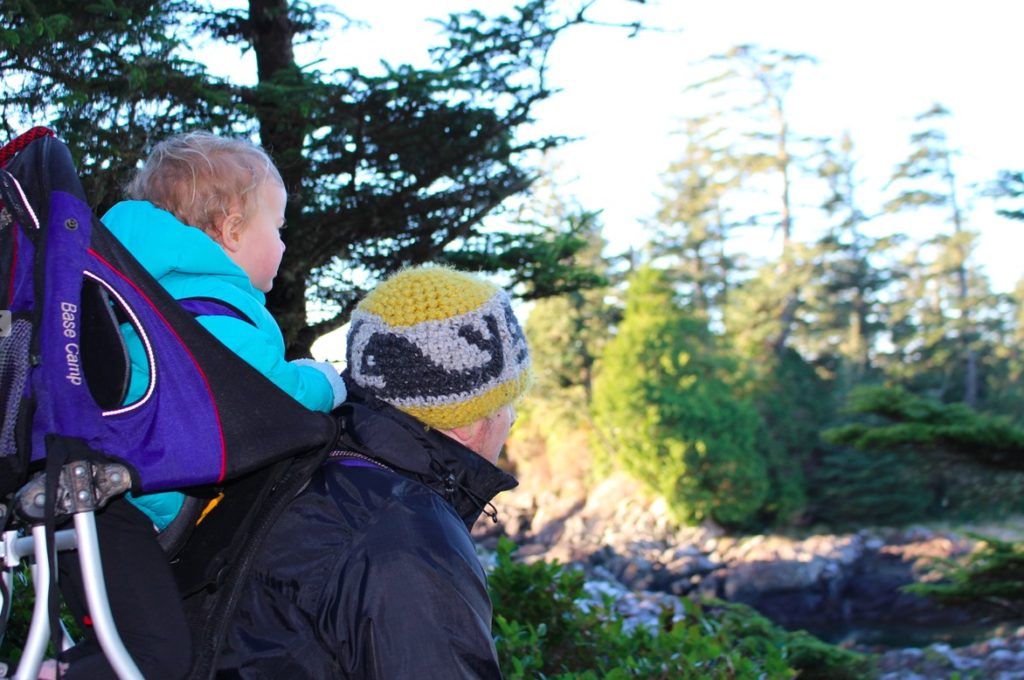Here are six practical tips on how to teach your kids to respect the environment:
- Cultivate a love for nature by awakening in your children an appreciation for the natural world. When you are outside with your children, take the time to highlight the distinct beauty of nature. Point out the picture perfect blueness of the sky on a clear, bright day, or the different shades of grey on a cloudy day. Touch trees, rocks leaves, feel the textures and temperatures. Alert all your senses.
- Teach your kids the names of different plants, trees, and animals and practice identifying them. You can do this in your backyard or in your favourite park. You can also take your children to your local environmental education centre, where they can learn even more! Children who know their “wild neighbours” are proven to be more environmentally responsible as adults.
- Examine the way we dispose of our garbage, and help your kids to discover what happens to their waste “beyond the bin”. To demonstrate this concept, bring your kids along with you next time you take a trip to the landfill, and show them the huge piles of garbage there. Make sure they understand the difference between recyclable materials, compost, and garbage.
- Talk to your children about climate change and its causes and effects. Take the opportunity to do this next time a strange weather pattern results in unusual weather. While we can’t say a particular extreme weather event is directly linked to climate change, we do know that we can expect more frequent and intense extreme weather events. By linking the lesson to current weather trends, your kids will make a clear connection between what we do as consumers and our impact on the planet. To help combat climate change, ride, walk or bus with your child once a week to run an errand or visit friends.
- Teach your children to stop squashing all the bugs they see. Remind them that these living creatures are part of our world and have valuable functions in the natural environment. If you or your child finds a bug indoors, use a cup and paper to transport it outside.
- Buy a plant for each child that they can take care of either inside or outside of the house. Make sure to let them pick out their own plants, and teach them what it takes to care for their plant. Vegetables are great because kids can start connecting where food comes from and lots of stores are now selling vegetable seeds that are especially suited for container gardening.

